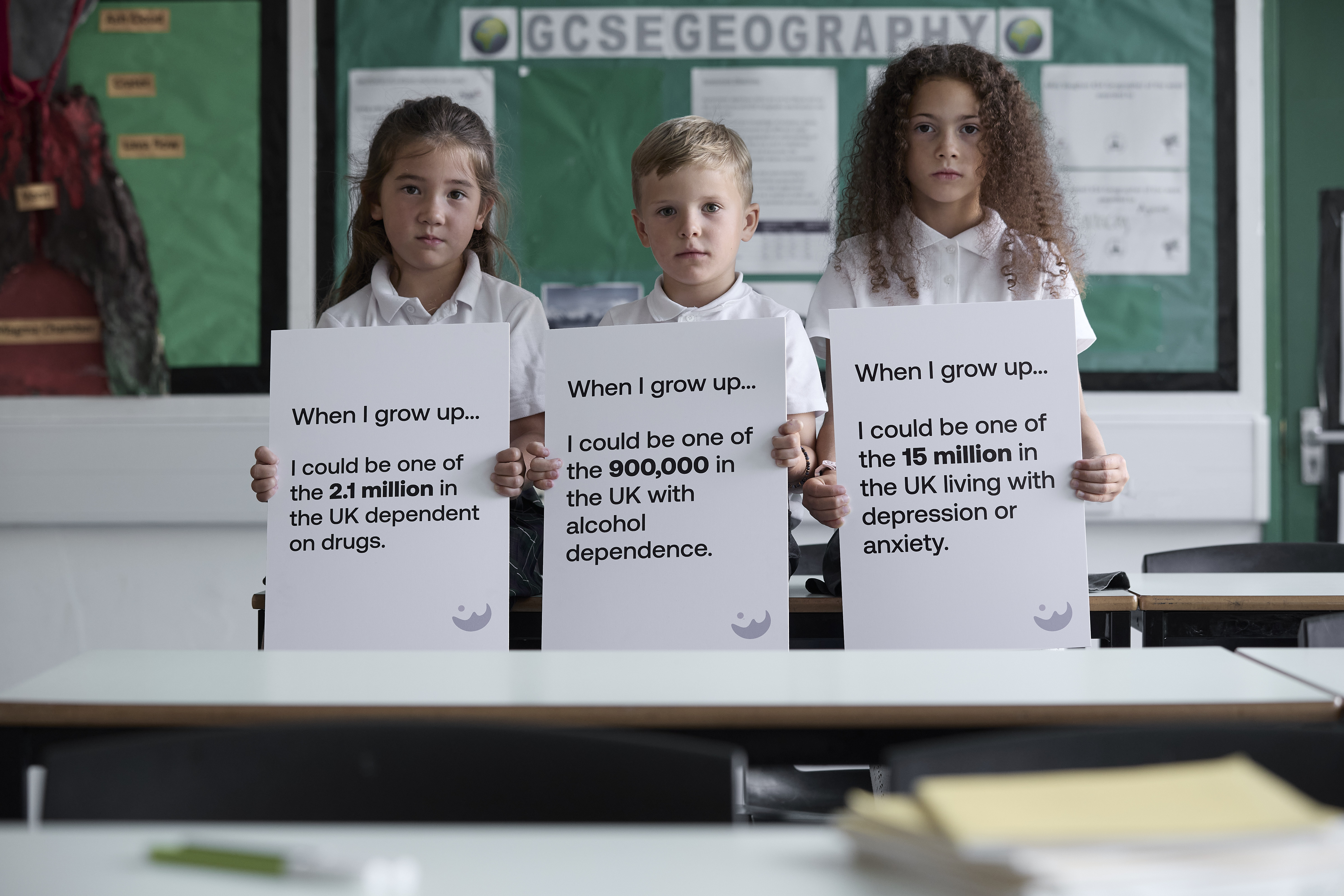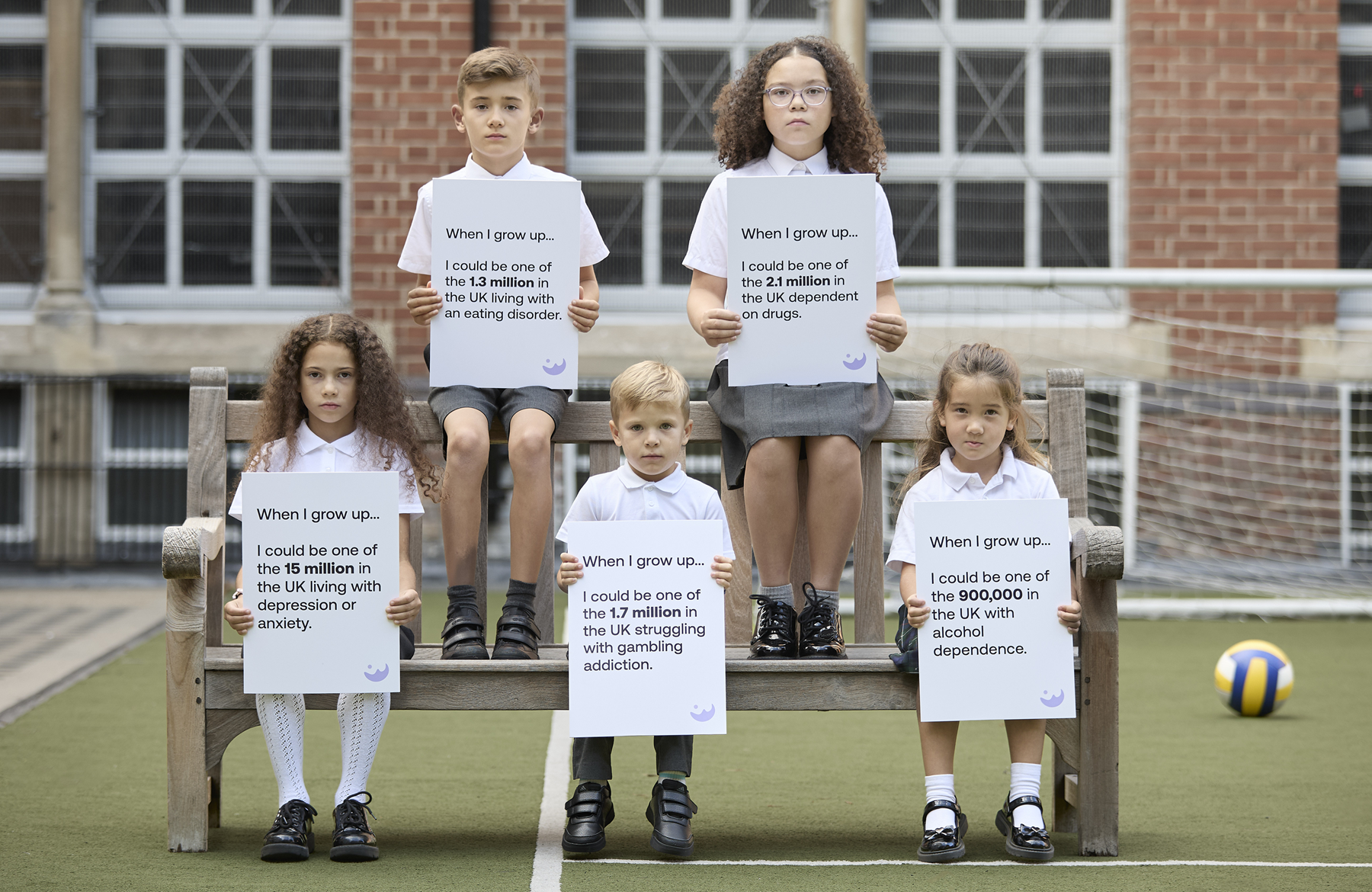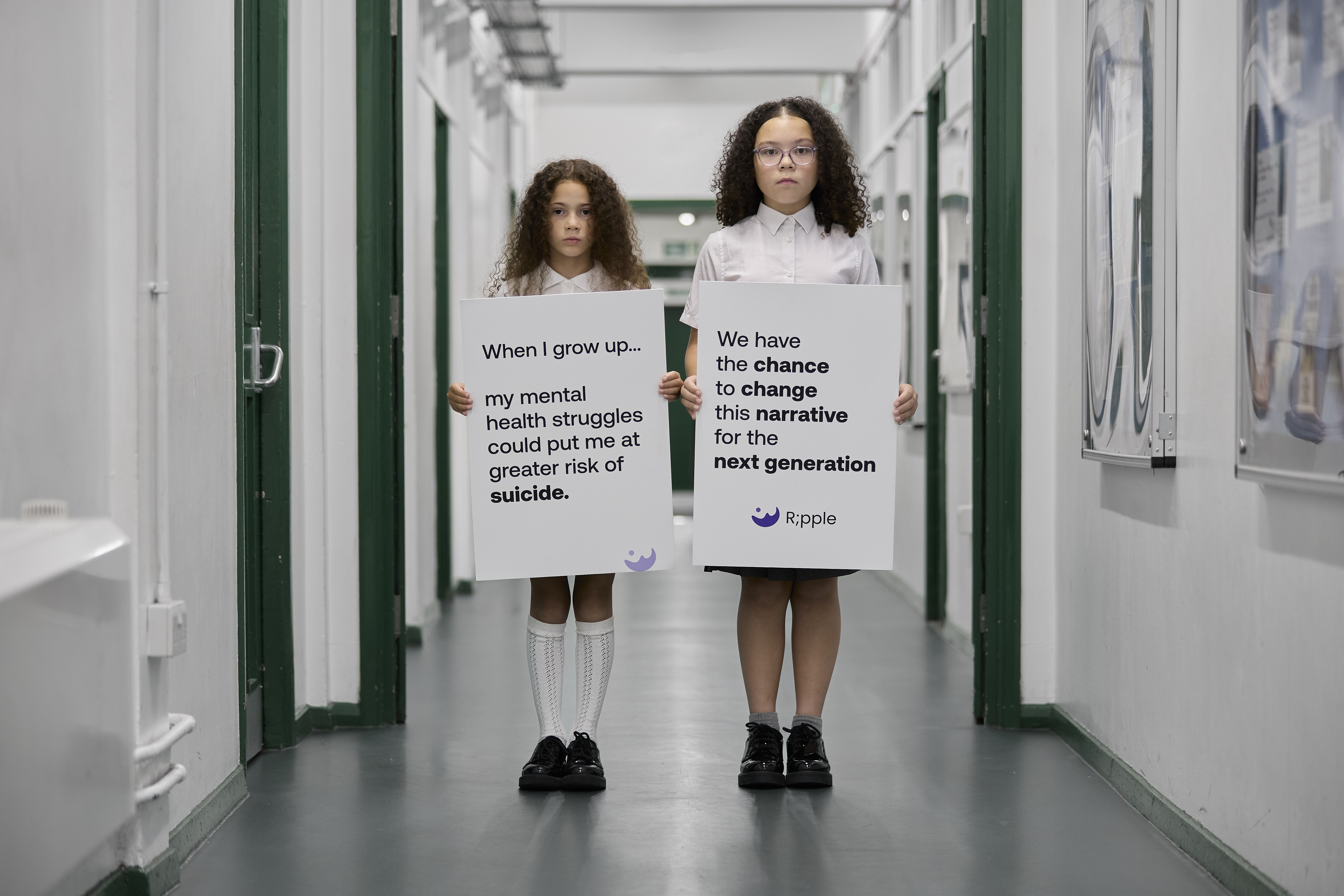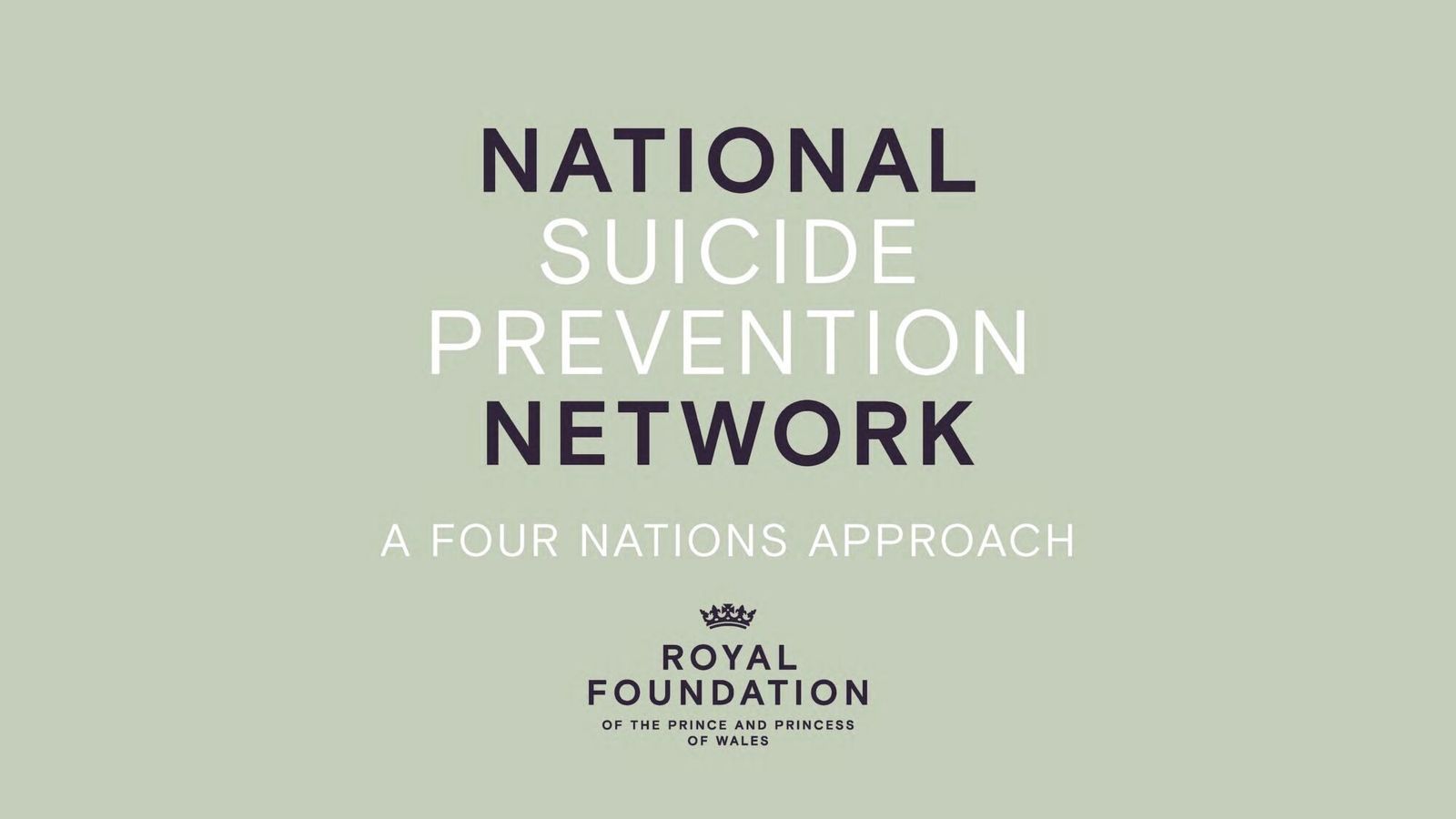

On World Suicide Prevention Day, our latest research is shedding light on the dangerous future of our children’s lives, with harmful online content fuelling mental health conditions that can lead to suicide.
The data shows three quarters (74%) of parents have seen harmful content marketed directly to their children, including gambling promotions (36%), cosmetic treatments (35%), and diet ads (30%).
This exposure is fuelling real fear. Just under two-fifths (64%) of parents say their child’s mental health may be impacted by online content. Over half (53%) voice concern around “risky behaviours” being adopted at an earlier age, as gambling and alcohol consumption are normalised through aggressive advertising. Shockingly, over a quarter (28%) of parents worry their children could have suicidal thoughts or self-harm as a result.
Nine in ten (90%) parents admit they don’t know what their children are searching for online, while 75% are worried their children will grow up facing serious issues such as mental illness, addiction, eating disorders or financial struggles. 61% believe harmful content online could be a direct cause of these issues.

People facing underlying conditions such as addiction, debt, and body image issues are at significantly higher risk of suicide. Research shows that people with substance abuse issues are up to 14 times more likely to die by suicide1, while problem gamblers face a 15-fold risk2.
Those with problem debt are three times more likely to have experienced recent suicidal thoughts3. Around one in eight adults (13%) have had suicidal thoughts linked to body image concerns4. One in ten (9%) people with eating disorders report seriously considering suicide5, highlighting the urgent need for early intervention and support.
Yet just 27% of parents believe their child’s school offers enough digital safety education, and only 29% are confident the school is actively monitoring new online risks. Alarmingly, over a quarter of parents are unsure whether safeguarding software is in place, and 1 in 10 say their school has nothing installed at all. Nearly 2 in 5 (37%) are simply unaware.
Almost half of parents (45%) say they don’t know whether suicide prevention is covered in school at all, but 97% say they’d feel more at ease if a tool like Ripple was in place.

Sam Smith, Education Advocate at Ripple and children’s safeguarding specialist, says “World Suicide Prevention Day is a timely reminder of UK parents’ growing concerns for their children’s online safety. Government guidance like Keeping Children Safe in Education is essential, but too often treated as a tick-box exercise. It should be a starting point, not the full solution.
Some schools are leading the way with tools like Ripple, which helps protect students from harmful online content, including suicide-related material. These efforts save lives and must be replicated nationwide.
Safeguarding children’s mental health is not optional; it’s a shared responsibility. This World Suicide Prevention Day, we urge schools, leaders, and policymakers to move from concern to action. With a united approach, the UK can become a global leader in online safety for young people.”
Ripple is a digital crisis intervention tool that intercepts harmful online searches and guides users to mental health support, offering a vital layer of protection when it’s needed most. It’s free to deploy as a browser extension on managed devices by any school, college and university to protect their students online.
We are urgently calling for all schools and education facilities - and parents for home computers -to download the tool and protect their students against accessing harmful content that could lead to suicide in their future.
Don't wait for suicide to happen. Click to learn how you can protect kids with Ripple today: Ripple for Educators | Ripple for Parents and Guardians.
The data
The research was carried out online in partnership with Research Without Barriers – RWB. All surveys were conducted between 27th August 2025 and 2nd September 2025 across a sample of 2,009 UK parents of children aged 4-18 years-old. All research conducted adheres to the MRS Codes of Conduct (2023) in the UK and ICC/ESOMAR World Research Guidelines). RWB is registered with the Information Commissioner's Office and is fully compliant with the General Data Protection Regulation (GDPR) and the Data Protection Act (2018).
Sources:
1) Wilcox HC, Conner KR, Caine ED, et al
2) Lund University, 2019
3) Money and Mental Health Policy Institute, Money and Mental Health: The Facts, 2024
4) Mental Health Foundation, 2019
5) Borges G, et al., 2010
Our Sponsors and Supporters

















